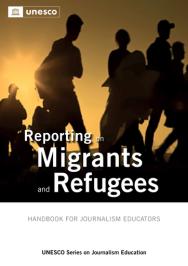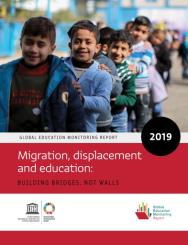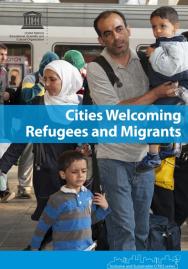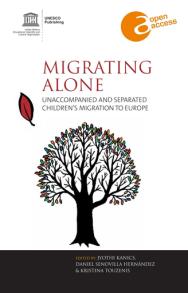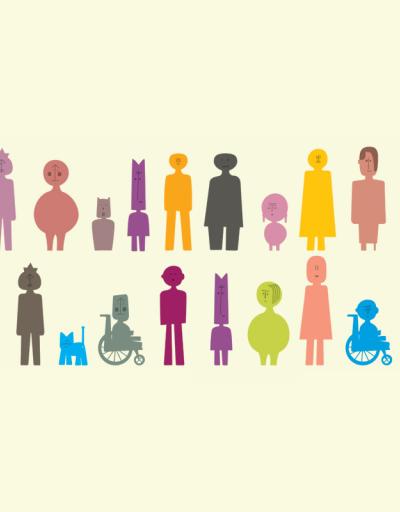Migration and inclusive societies

According to UN global migration statistics, in 2020, 281 million international migrants – 3.6 per cent of the world’s population – are living abroad worldwide. This makes international migration a key feature of globalization and a central issue on the international agenda.
Migration unlocks a host of opportunities for the individuals and countries involved. For instance migration represents for people access to employment, acquisition of skills and qualifications, improvement of life conditions, while for both countries of origin and destination it is a driver of growth and development. At the same time, as a process it is also marked by tremendous inequalities and serious human rights abuses. Targeted interventions would therefore be needed if the full potential of migration is to be explored and its negative aspects adequately addressed.
UNESCO’s contribution emanates from its mission to promote the building of peace, eradication of poverty, sustainable development and intercultural dialogue through education, the sciences, culture, communication and information. The Organization places emphasis on the human face of migration and addresses the implications of the movement of people within its fields of competence, drawing on relevant human rights principles and standards. Its activities and programmes, carried out in collaboration with a large range of partners, including intergovernmental organizations, civil society groups and universities, pursue the following objectives:
Contribute to a policy environment conducive to the social integration and inclusion of migrants (see for instance activities on internal migration in India);
Understand the links between migration and education, and the challenges raised by intercultural education, brain drain/gain, student mobility and the international recognition of qualifications;
Address the social dimensions of climate change and migration, particularly regarding governance, conflict, human rights and international law, gender equality, economic and human development and public health.
In parallel to these initiatives, UNESCO participates actively in the collective efforts of the Global Migration Group (GMG). The Organization was the Chair of the GMG from July 2011 to May 2012 (see the report for this period). In 2013, UNESCO contributed to the preparations of the GMG for the second High-level Dialogue on International Migration and Development, hosted by the UN General Assembly from 3 to 4 October 2013.
UNESCO’s work on migration is also highlighted in a chapter of the publication International Migration and Development: Contributions and Recommendations of the International System of the UN Chief Executives Board produced for the second High-level Dialogue.
See also
- Glossary of migration related terms (web archive)
In 2020, 3.6% of the world’s population were living abroad worldwide ( UN global migration statistics).
Resources


